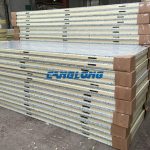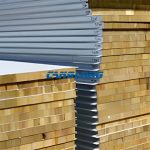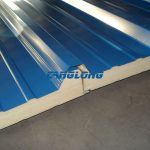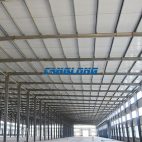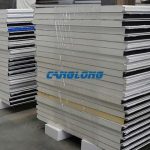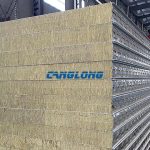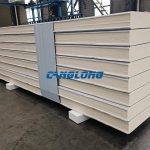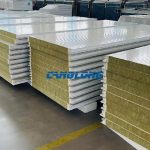Is the 100mm thickness PUF insulation panel too thick for use in hot areas?
In the field of building insulation, polyurethane foam (PUF) insulation panel has received widespread attention and application for its excellent thermal insulation performance, waterproof and anti-corrosion properties, fire retardant ability and anti-deformation ability. However, when choosing the thickness of the insulation panels, it is necessary to consider a variety of factors such as specific climatic conditions, the insulation needs of the building, cost budget and construction conditions. This article will analyze in detail the suitability of 100mm thick PUF insulation panel for use in hot areas.
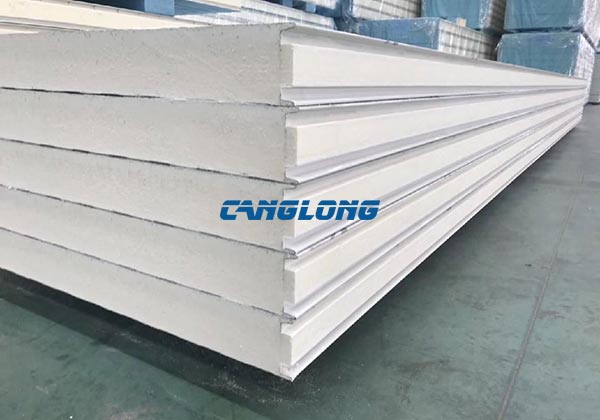
First of all, the thermal insulation performance of PUF insulation panel is closely related to its thickness. Generally speaking, the thicker the thickness of the insulation panel, the better its thermal insulation effect. This is because the thermal conductivity of polyurethane insulation material is relatively low, which can effectively slow down the transfer speed of heat, thereby achieving the purpose of thermal insulation. In hot areas, the high temperature lasts for a long time in summer, and the outdoor heat is easily transmitted into the room through the wall, resulting in an increase in indoor temperature and increased air conditioning energy consumption. Therefore, from the perspective of thermal insulation, the use of thicker PUF insulation panels can better block the transfer of external heat and maintain the stability of indoor temperature.
However, whether to choose a 100mm thick PUF insulation panel needs to consider other factors. One is the cost budget. The price of PUF insulation board is proportional to its thickness. The thicker the thickness, the higher the cost. In hot areas, if the insulation demand of the building is not particularly high, the thickness of the insulation board can be appropriately reduced to reduce the construction cost. The second is the construction conditions. When constructing in a narrow space, thicker insulation boards may increase the difficulty of construction. But in an open site, thicker insulation boards can be flexibly selected. The third is the building standard. Different countries and regions have different requirements for building insulation, and some regions may have strict energy-saving standards and building specifications. When choosing the thickness of PUF insulation panel, it is necessary to ensure that it meets local building standards.
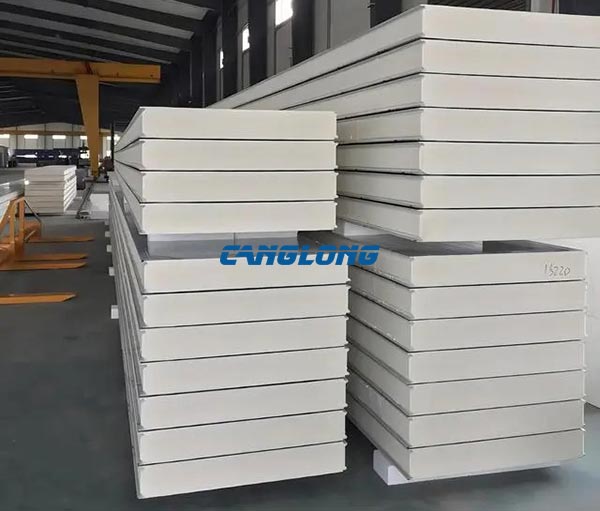
In hot areas, although high temperatures in summer are the main consideration, the insulation needs in winter cannot be ignored. Although the winter temperature in hot areas is relatively warm, there is still a certain temperature difference. Using thicker PUF insulation panels can improve the winter insulation performance of buildings to a certain extent, reduce indoor temperature fluctuations, and improve living comfort. At the same time, PUF insulation boards also have good waterproof and anti-corrosion properties, which can extend the service life of buildings.
In addition to thermal insulation performance, polyurethane insulation boards also have fire retardant properties. After adding flame retardants, polyurethane becomes a flame-retardant self-extinguishing material with a softening point of more than 250 degrees Celsius, and decomposition only occurs at higher temperatures. In addition, when polyurethane burns, carbon deposits will form on its foam surface, which helps to isolate the foam below and effectively prevent the spread of flames. This feature makes the use of PUF insulation panels safer and more reliable in hot areas.
In practical applications, we can refer to some successful cases to evaluate the suitability of 100mm thick PUF insulation panel. For example, in some high-rise residential projects, in order to meet the needs of winter insulation and summer insulation, designers chose 5cm (ie 50mm) thick polyurethane insulation panels as exterior wall insulation materials. After actual measurement and evaluation, the insulation board can effectively reduce the indoor temperature fluctuation in winter and improve indoor comfort; in summer, it can effectively block the outside heat from entering the room and reduce air conditioning energy consumption. This choice not only meets the insulation needs of the project, but also reduces the construction cost. Although the thickness of the insulation board in this case is less than 100mm, it still provides us with a useful reference: in hot areas, the thickness of the insulation board can be flexibly selected according to actual conditions.
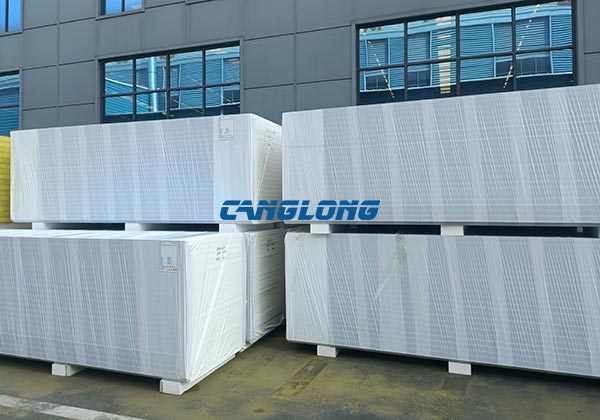
In summary, whether the 100mm thickness PUF insulation panel is too thick for use in hot areas depends on the comprehensive consideration of multiple factors. From the perspective of thermal insulation performance, thicker insulation boards can better block the transfer of external heat. However, from the perspective of cost budget, construction conditions and building standards, it is necessary to weigh the pros and cons. Therefore, when choosing the thickness of the polyurethane insulation board, a comprehensive consideration should be made based on multiple factors such as specific climatic conditions, the insulation needs of the building, cost budget and construction conditions. At the same time, attention should also be paid to other advantages of PUF insulation panels such as waterproof and anti-corrosion, fire retardant and anti-deformation ability. Through scientific and reasonable selection and application, PUF insulation board will provide strong protection for the thermal insulation of buildings and help achieve green building and sustainable development goals.

